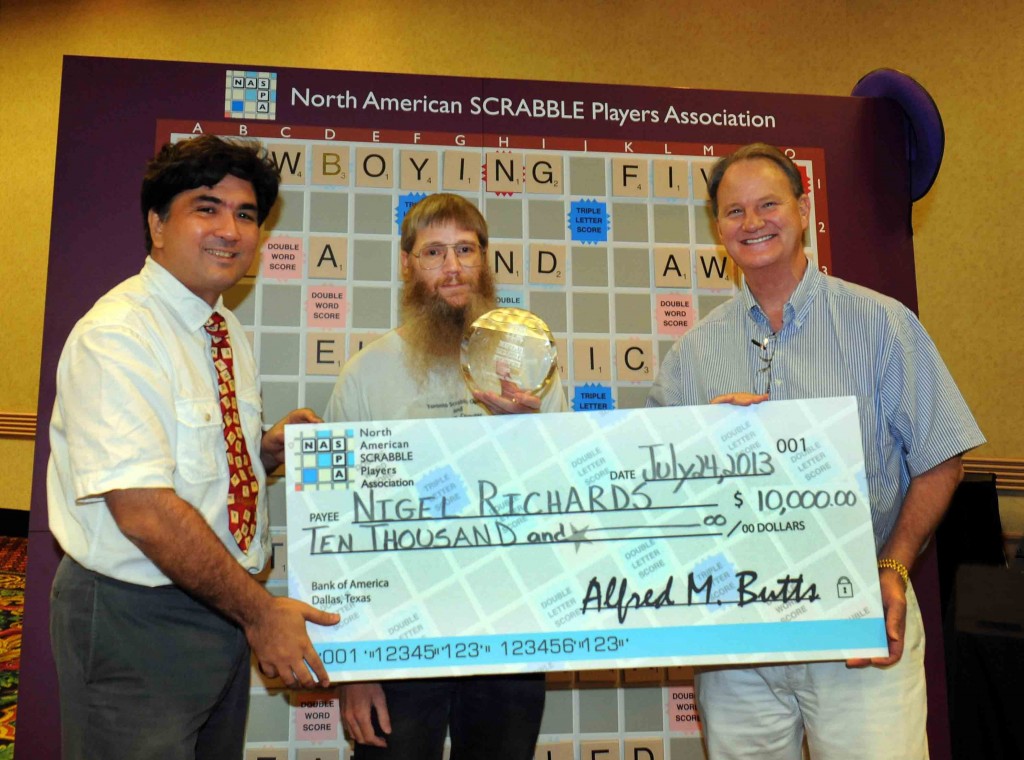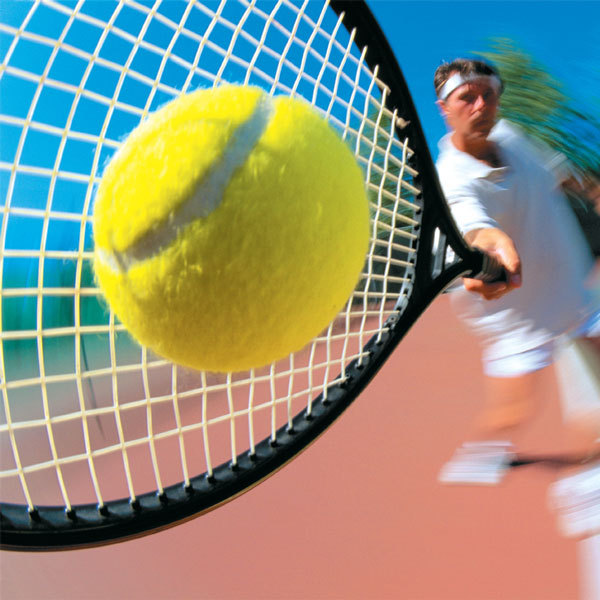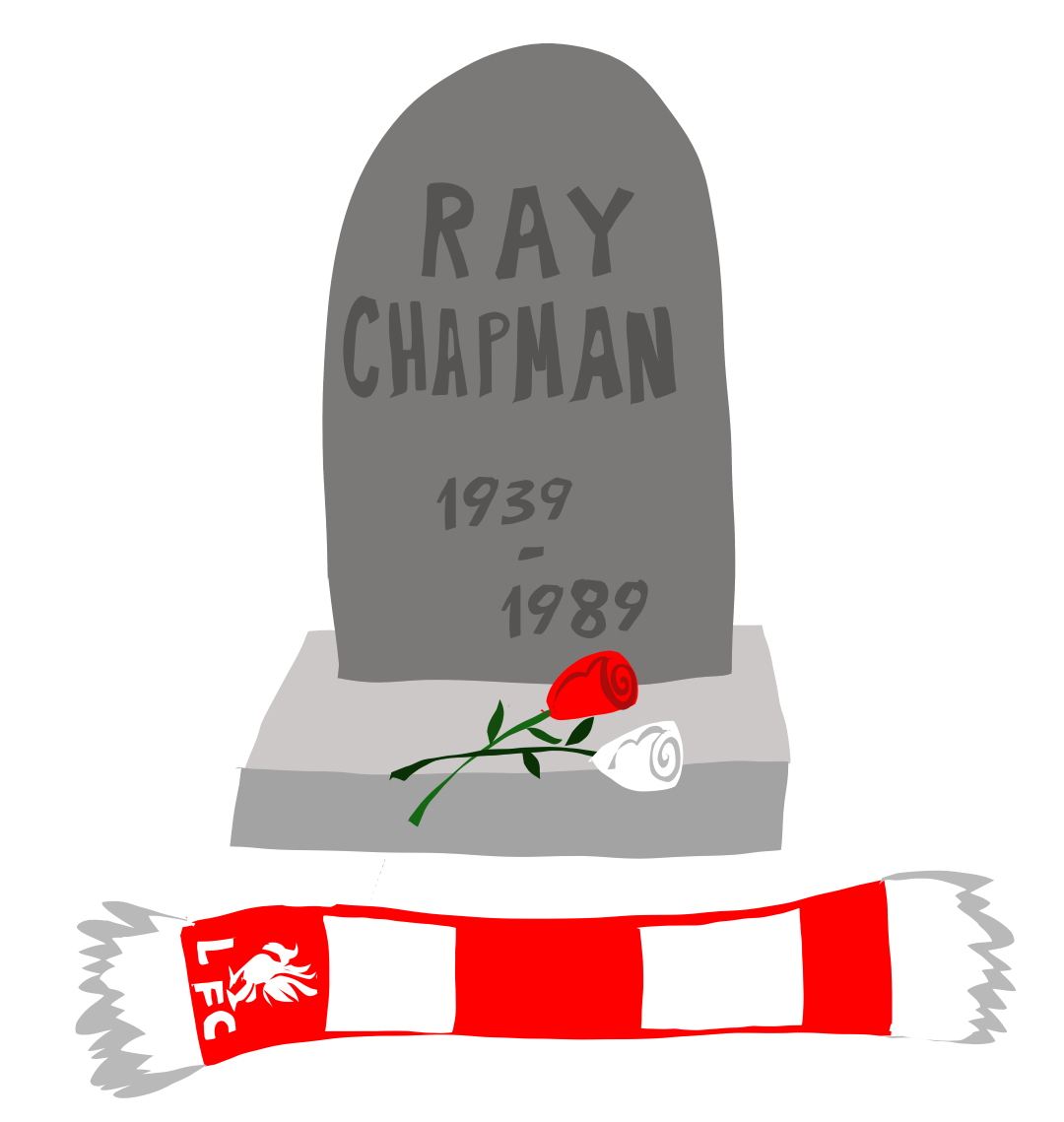‘Sport’ is a seven-point word
By Natalie Serafini, Assistant Editor
Most people would likely say that sitting, staring at tiles with letters printed on them, and attempting to create words with said lettered tiles couldn’t possibly be a sport; if you can perch on a chair, drink tea, and peruse a dictionary, you likely aren’t engaged in athletic activity. Nonetheless, here at the Other Press, and especially in Sport/Schmort, we don’t take simple, uncomplicated answers at face value. Does Scrabble have the tough stuff sports are made of, or should we be reaching for the thesaurus to find synonyms for “schmort”?
Hasbro Gaming describes Scrabble’s story of origin as “a classic example of American innovation and perseverance.” An unemployed architect from New York, Alfred Mosher Butts, decided to invent a board game and came up with the lexicon game in 1938. Creating the game’s point system involved the arduous analysis of the front cover of the New York Times to calculate the frequency of letters. Butts shopped the game around until he found entrepreneur James Brunot, who supported the game’s development. Gradually, the game became the one that’s known and loved by so many today.
Each player is faced with seven wooden letter tiles on each turn, selected at random from a bag. Players alternate turns in creating words, joining them to words that have already been placed on the board and creating a crossword-puzzle-like design. Bonus points exist for those who are able to dispose of seven tiles in one go, creating those elusive, long-lettered words. Gameplay ends when one player has run out of tiles, and the player left with tiles must subtract their numbered tiles from their score and add them to the opponent’s score.
First, we should not disregard the fact of Scrabble’s point system. The victorious and the vanquished are determined by points awarded based on the merit of a word. Where else do we find point systems in play? Sports. Points lend structure to everything from soccer, to basketball, to tennis, and all other forms of sport. And while Scrabble is in large part a game of chance, it is also a game of strategy. Used a “z”? Created an unusual and unlikely word? Evaded making a simple “cat” and instead laid down “capture”? All of these strategic moves, requiring careful planning before making a play, affect whether or not you will tile a road to victory.
Bulking up Scrabble’s potential claim to sport fame is the fact of its clubs, tournaments, and associations supporting competitive play. The North American Scrabble Players Association lists several championship games, the option to watch live coverage of the games, and accounts of Scrabble records broken. (For example, one of the highest word scores recorded is “quixotry,” with 365 points.) The site features detailed rules, explanations of regional differences in lexicon, and opportunities for participation at any skill level.
Despite my attempts to paint Scrabble as a potential sport, at this point, the answer is likely obvious. Although Scrabble tests one’s textual mettle, it does not present a physical challenge in the same way that, say, rugby does. Certainly it’s competitive, challenging, and features some of the same characteristics as a sport (points, rules, championships and tournaments); nonetheless, Scrabble doesn’t manage to scrabble onto the athletic podium.
Verdict: Schmort



